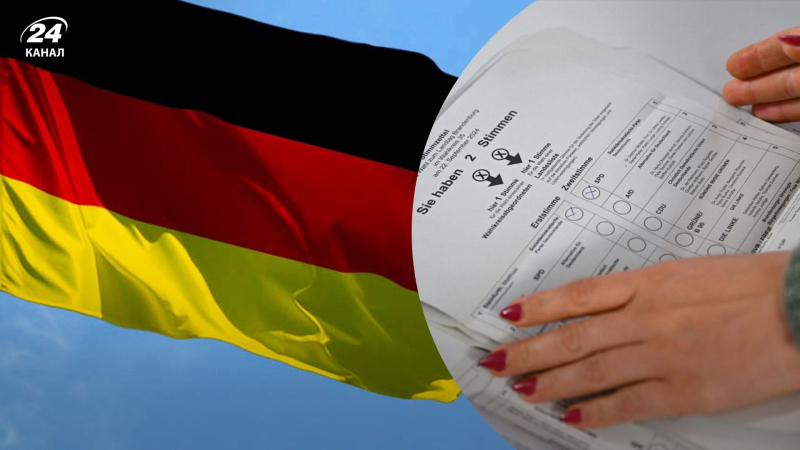Social Democrats win Brandenburg elections: far-right has blocking minority Vladislav Kravtsov What are the results of the elections in German Brandenburg/Collage 24 Kanala (photo Getty Images and from open sources) In the German Brandenburg, the Social Democratic Party won the state elections. At the same time, the far-right Alternative for Germany received a blocking minority in the local elections. This is written by journalists from the Welt publication. Interestingly, the Social Democratic Party of Germany won the state elections in Brandenburg for the eighth time in a row since 1990. The state electoral commission reported that the party of Brandenburg Prime Minister Dietmar Woidke won a significant victory, receiving 30.9% of the vote. This result was better for the party than in 2019. The far-right Alternative for Germany, which consistently led in pre-election polls and advocates ending military support for Ukraine, had 29.2% of the vote after the count was completed. Notably, Sahra Wagenknecht's Alliance, which was running for the first time, finished third with 13.5%. Meanwhile, the Christian Democratic Union received 12.1%, which was the worst result for a party in the state elections in Brandenburg. Meanwhile, the Greens, the Left, the Free Democrats and the Free Voters suffered a significant electoral setback: they failed to overcome the five percent threshold required to enter the state parliament. The Greens received only 4.1% of the vote, and party member Marie Schäffer lost to SPD candidate Mani Schüle in the Potsdam I district, which was considered a potential victory for the Greens. This result effectively puts an end to the possibility of continuing the coalition between the SPD, CDU and the Greens in the region. Preliminary final results show that neither the Social Democratic Party nor the Christian Democratic Union will win the required absolute majority, as they are only one seat short. Potential coalition options for the SPD include the Sahra Wagenknecht Alliance or a three-party coalition involving the Sahra Wagenknecht Alliance and the CDU. However, Brandenburg Prime Minister Woidke has explicitly rejected any possibility of an alliance with the Alternative for Germany. The AfD has won more than a third of the seats in parliament, forming a blocking minority. Of the 88 seats in parliament up for vote, the AfD is seeking 30. However, the presence of multiple direct mandates could lead to duplication and compensatory mandates, which could potentially expand the state parliament to 110 seats. This all allows the “AdN” to obstruct decisions that require a two-thirds majority in parliament, including the election of constitutional judges. It is noteworthy that just three weeks ago, the Alternative for Germany similarly won a blocking minority in the Thuringian state elections. Chancellor Olaf Scholz actually did not want to comment on the state elections until Monday, since he is currently in New York, where he gave a speech at the UN. However, the head of the German government did comment on the election events, as reported in New York by Welt deputy editor-in-chief Robin Alexander. When asked by a journalist what the mood was like during a telephone conference with the SPD executive committee, the chancellor briefly replied: “Of course it was good!” Later, Olaf Scholz, who is a member of the Social Democratic Party of Germany, commented on the elections again, telling German journalists: “It's great that we won, I felt that something like that was happening.”
What are the results of the elections in Brandenburg
How Scholz commented on the voting results
Social Democrats win Brandenburg elections: far-right has blocking minority
76
previous post

